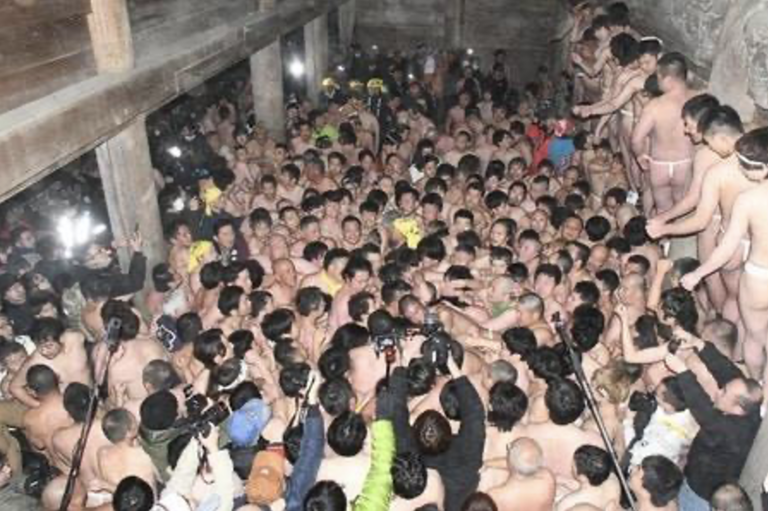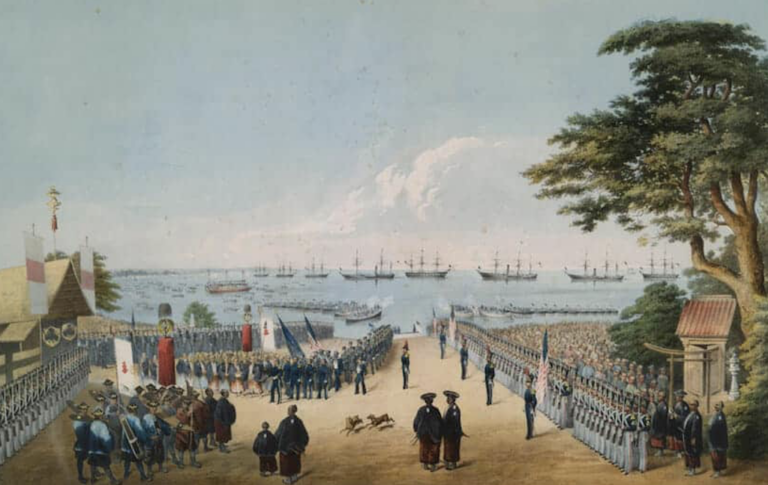Can Japanese save the world with “Little Forests”?
You are probably aware that deforestation in many countries is having a negative impact on the global environment.
Most people are generally aware of the basic roles that forests play in our ecosystem.
Forest land holds water, filters it, and creates clean water. They also prevent landslides as the trees take root in the earth. Forests are also vital as habitats for many living things.
They also have the ability to convert carbon dioxide into oxygen, but the oxygen consumed per person per year is equivalent to 23 50-year-old cedar trees. It is clear that a significant number of trees are needed.
Once felled, a forest takes about 100 years to grow back, but that is not fast enough. What can be done to quickly restore the forests? Some Japanese have conducted thorough research.
One of them is Akira Miyawaki. He has created a small forest that grows 10 times faster than an ordinary forest. Here is a picture of one, located near Harvard University in the USA.
There are 1,400 trees growing in an area about the size of a basketball court.
These little forests have spread across Europe, Africa, Asia, South America, Russia, and the Middle East. Hundreds of small forests have sprung up in India, and thousands in my native Japan.
This little forest has an even more remarkable feature. It grows 10 times faster than a regular forest, so there is no room for weeds to grow.
A further advantage is that it is small enough to be built within a city. Cities get hot because concrete and road asphalt absorb and maintain heat, but this small forest will block that.
If these “Miyawaki style little forests” could be created throughout a city, for example in parking lots and highway service areas, they could help solve both the global environment problems and also the warming issues in urban areas.
Building a better world through Japanese technology
And the individuals dedicated to making it a reality.
I hope that many “little forests” will be created in Vietnam too to save the world before it’s too late.
ABE KENGO







